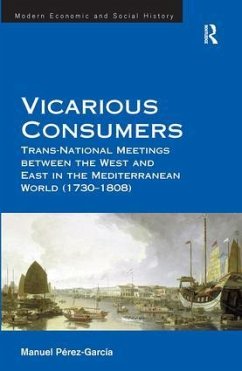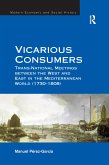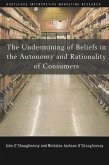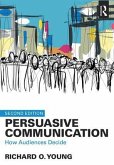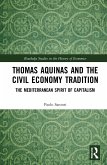The birth of a mass consumer society in western Europe has been the subject of much scholarly debate in recent years. In order to come to a further understanding of the issue, this book adopts an analytical approach, paying special attention to the socio-cultural and economic transfers which occur when different commodities are introduced to territories with diverse values and identities. In particular, it examines the role of merchants and their important influence on consumer decisions, describing how they created demand for new necessities in local, national and international markets of the western Mediterranean area. Through a systematic analysis of probate inventories from southern Spain, the study reveals shifts in the patterns of consumption of new goods in urban and rural families, underlining a growing interest in new, exotic and foreign goods. By connecting these local desires, aspirations and choices to a global movement in which human and material capital circulated trans-continentally, broader patterns of consumption are revealed. By observing a southern European society, such as Spain, where the industrialization process was slower than that in Anglo-Saxon territories, the book contributes to the on-going debates about 'industrious revolution' and 'trickle-down' theories and whether both occurred simultaneously or separately. The book also helps identify the socio-economic forces and agents that prompted the stimulus for new consumer aspirations, as well as the cultural consequences that the new modern consumerism brought about.
Hinweis: Dieser Artikel kann nur an eine deutsche Lieferadresse ausgeliefert werden.
Hinweis: Dieser Artikel kann nur an eine deutsche Lieferadresse ausgeliefert werden.

